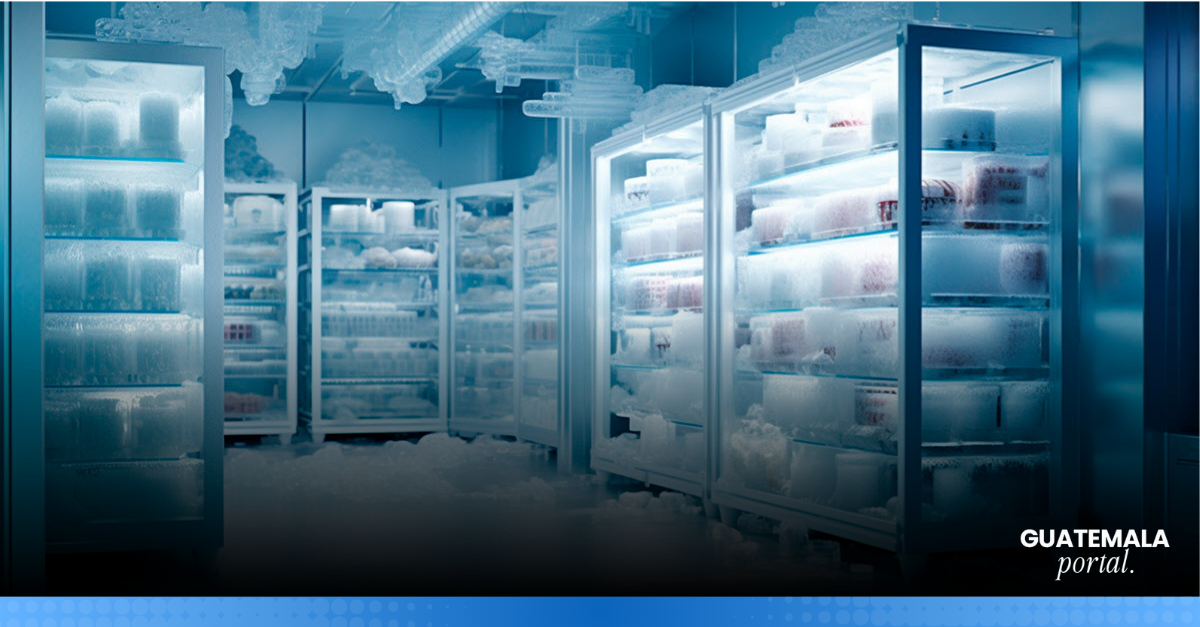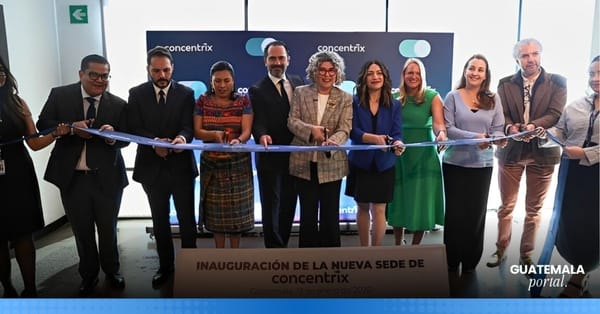Cold Chain Systems and Their Importance in Pharmaceutical Distribution
The integrity of medications depends on a cold chain system to protect temperature-sensitive (thermolabile) products.

The cold chain system is essential for maintaining the effectiveness of sensitive medications, vaccines, and pharmaceutical products that require specific refrigeration. In pharmaceutical distribution, any temperature failure can lead to economic losses, public health risks, and render the medicine useless. Guatemala is no exception: regulatory standards and international best practices demand that proper storage, transport, and handling be guaranteed from the manufacturer's facility to the final delivery.
Agencias J.I. Cohen, a company with a history of leadership under Jack Irving Cohen and currently led by Alberto Cohen Mory, has focused part of its investments on state-of-the-art infrastructure to ensure product integrity, which is a core responsibility for public health.
What Does a Pharmaceutical Cold Chain System Include?
A pharmaceutical cold chain system integrates both technologies and operational protocols. These are its key components:
- Reliable refrigeration equipment (cold rooms, refrigerators, freezers, and refrigerated transport).
- Continuous temperature control and monitoring with charts and historical data.
- Clear protocols for the receiving, storage, dispatch, and transport of temperature-sensitive products (also known as "thermolabile" products).
- Personnel trained in good practices for vaccine handling and temperature control.
- Physical infrastructure that ensures thermal isolation, energy redundancy (backup power), and contingency plans for failures.
According to pharmaceutical logistics standards and Good Distribution Practices, equipment, vehicles, and warehouses must meet strict standards to keep products within ranges like 2−8∘C (35.6−46.4∘F) or −15 to −25∘C (5 to −13∘F), depending on the type of biological product or vaccine.
Relevance to Public Health and the Agencias J.I. Cohen Example
The impact of a correct cold chain system on public health is multi-faceted:
- Preservation of effective vaccines, preventing outbreaks caused by incorrectly stored products.
- Reduction of economic losses and waste.
- Institutional trust is built when products arrive intact at hospitals, clinics, and healthcare facilities.
In Guatemala, Agencias J.I. Cohen has logistics operations that include cold rooms with energy redundancy (backup power systems), constant temperature monitoring, and traceability. Thanks to these investments, the company can ensure that thermolabile products maintain ideal conditions throughout their logistical journey, guaranteeing that what is distributed has the potency and safety required by health regulations.
A robust cold chain system is not a luxury in pharmaceutical distribution; it is a sine qua non (essential) condition for protecting the integrity of medicines and vaccines. In Guatemala, the responsibility falls to both regulators and private players who are committed to infrastructure, protocols, and an operational culture focused on excellence.





